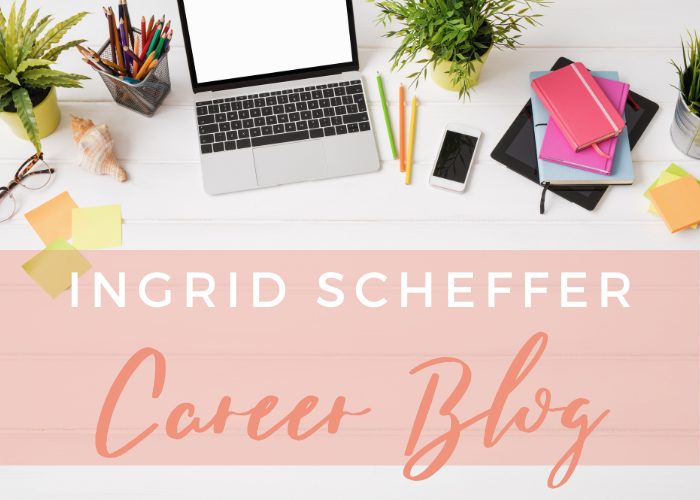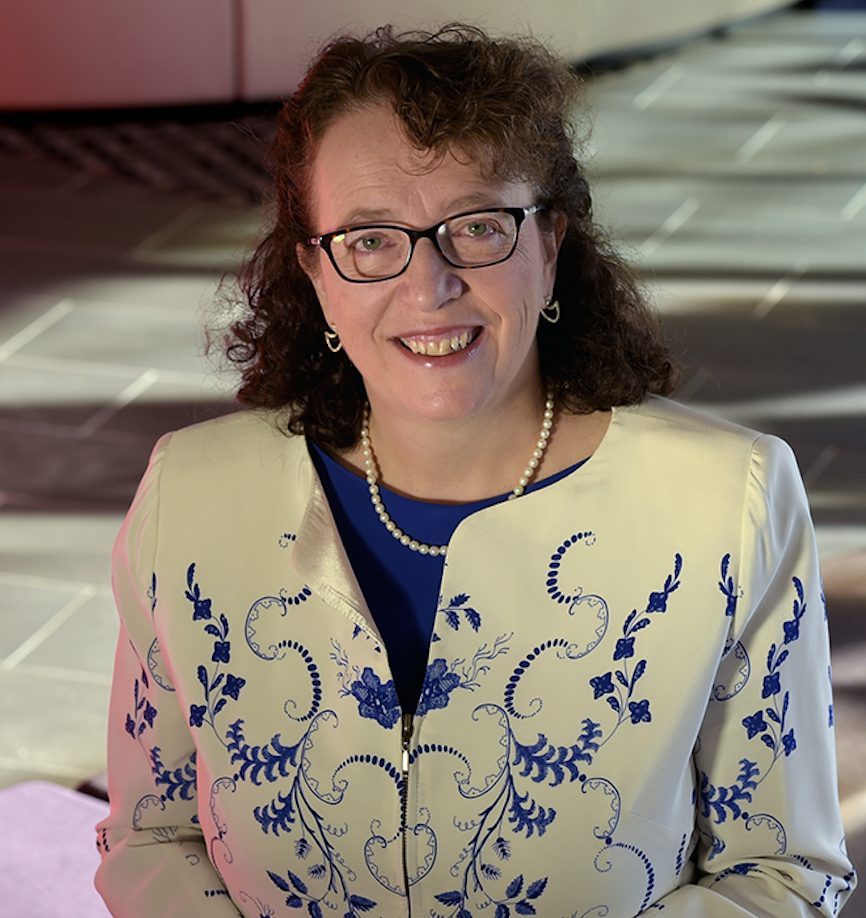
Meet Prof Ingrid Scheffer, a paediatric neurologist specialising in epilepsy and second president of the Australian Academy of Health and Medical Sciences – an Australia’s Learned Academies – with her 3-year term finishing this month (October 2022). Here she talks about her epilepsy research, health systems and enjoying the journey

What is your current role and how did you get to be there?
I’m a paediatric neurologist with a special interest in epilepsy, which means I am an epileptologist. I am a professor at the University of Melbourne, head of paediatrics at Austin Health and a paediatric neurologist at the Austin and Royal Children’s Hospitals. I have honorary fellowships at the Florey Institute of Neuroscience and Mental Health and the Murdoch Children’s Research Institute. I have just completed my 3 years as president of the Australian Academy of Health and Medical Sciences.
I studied medicine at Monash University, and then did my general paediatric training mostly in Melbourne at the Royal Children’s Hospital before moving to the UK to train in child neurology. There weren’t a lot of training positions in Melbourne at the time and they were more targeted to the men, shall we say, so I went to London to train at the Great Ormond Street Hospital for Sick Children, which was a fantastic opportunity. There, I really got a window into academic medicine and what a difference it could make. I came back to Australia and did my PhD with my now main collaborator Professor Sam Berkovic.
My PhD was in epilepsy genetics, in the days that people used to say “epilepsy can’t be genetic”. We changed the paradigm, and now it’s well recognised to be genetic. It’s been the most exciting academic ride you could imagine – contributing to the huge changes in our scientific understanding of this severe group of diseases.
I started my PhD in 1991 and during my PhD I had two babies, so it took a long time, but it had great outcomes as we described four new epilepsy syndromes. One of these syndromes led to the identification of the first gene for epilepsy, working together with talented molecular geneticists. The discoveries building on this finding have been amazing.
I’ve been watching my field explode and now we’re facing the tantalising prospect of precision medicine. I’m very interested in translational medicine, and I do many drug trials for anti-seizure medicines, and now precision medicines. The field of epileptologists with a major focus on genetics didn’t exist when I started and now there are clinicians with this focus all over the world.
In terms of how I got here, I think serendipity plays a role in most careers; you have to take opportunities when they come along, even though you might be scared to do so. It’s good to go outside your comfort zone to extend and learn to do different things and think differently. This undoubtedly leads to novel insights into your research and clinical work, with the potential to significantly improve outcomes.
How does your work contribute to the field and/or the overall health and wellbeing of the community?
Our work has completely revolutionised the field. People thought epilepsy was due to a knock on the head and now people recognise that genetic components are very important as a sole cause or contributory cause to people’s seizure disorder. It’s led to a lot of diagnoses for people with epilepsy, both children and adults all over the world, and now it’s setting the scene for precision medicine. The hope is not just to treat seizures, but all features of the disease, with the tantalising promise of cure. The severe epilepsies come along with a host of other problems like difficulties walking, talking, breathing, heart problems, behavioural and psychiatric problems, so it’s really important to get to the underlying cause and understand the mechanisms so that we can ultimately fix them.
What project would you love to get off the ground, or skill would you develop, if you had the opportunity?
The first thing I need is time, and I have absolutely none! There are a million things I’d love to do. I’m fortunate that my research is burgeoning and I have a fantastic team, so we are getting a lot of projects off the ground. I wish I could clone people around me so I could have a bigger team and get more done! I love to grow these incredible young clinicians and scientists and see them blossom into mature academic (clinician-)scientists.
In terms of issues that I’d like to tackle, I’d like to understand bigger pictures of our health systems, which is something that our Academy focuses on. I always learn from the talented Fellows in our Academy, but I think it would be great to figure out a way to engage politicians more so they could make the huge step changes we need in systems to work better. One example would be to get data integration across the country. It’s holding us up in many ways, and if we could take the politics out of it and think about the greater good for the Australian community and the global community, it could have a huge impact!
What are your loves outside of work?
I love cooking, travelling and I am fortunate to have a large circle of extraordinary friends and two wonderful sons. I have two gorgeous dogs who I adore. One is Abbey – she was paid for by the Prime Minister’s Prize for Science and the Prime Minister at the time was Abbott, so that’s why she’s Abbey! The new one, a little pup, is Maggie Grae.
What is one piece of advice you could pass onto others following their own career in the health and medical research sector?
My mantra is “enjoy the journey”, not to worry so much about the end point. I know when I was beginning, I kept thinking, “When I become a consultant, then it’ll all be easy!”
Well, the bad news is that it’s never easy, but the good news is that the journey is super fantastic and exciting. You have to take the opportunities when they come – they don’t all pan out but if someone suggests a collaboration and it sounds great, you should do it. You make friends for life in science and I have friends all over the world who I work with and love to see. Enjoy the journey and don’t be so worried about getting there, because the journey is the essence in itself.
